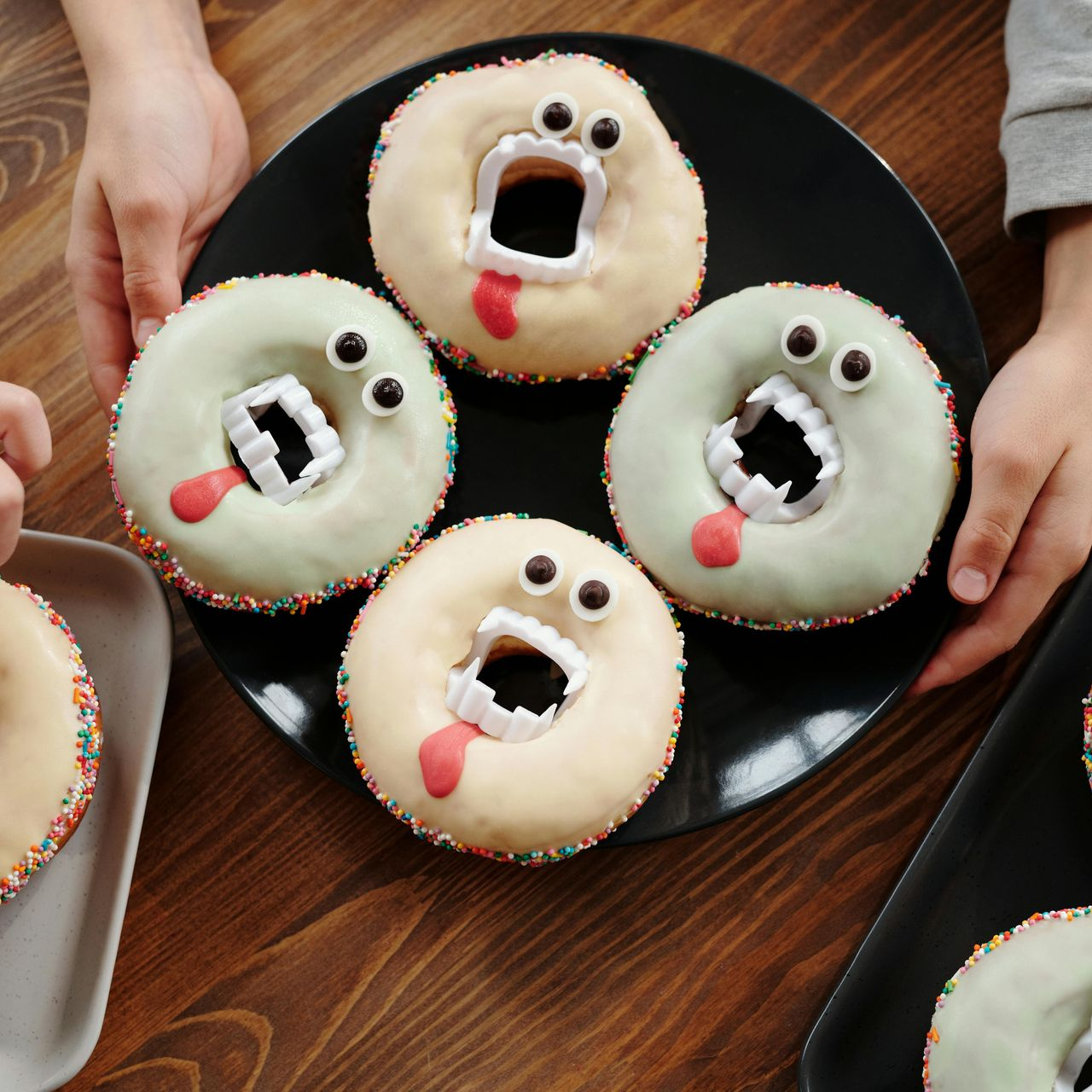Why Does My Child Keep Wetting the Bed?
September 13, 2022

Children wet the bed. It's a fact of life that many parents have to deal with. Here are a few things to know about bedwetting and even some recommendations for dealing with the inconvenience.
Do all children wet the bed?
- Approximately 15 percent of children wet the bed at age 5.
- 1-2 percent of children age 14 and older wet the bed.
- Boys are twice as likely as girls to wet the bed.
- Bedwetting happens more frequently in children with developmental delays or emotional and behavioral difficulties.
The most common reasons for bedwetting.
- Bladder control. Many times the solution is simply a matter of time. The child must develop some bladder control.
- Genetics. It could possibly be your fault, or you can always blame it on an aunt, uncle, or grandparent who may have wet the bed until a late age.
- Stress or life changes. Going through big changes like moving or a new sibling, or other stressors, can lead to children wetting the bed after being dry for a long period.
- Medical conditions. Your child may be dealing with a urinary tract infection (UTI), constipation, a small bladder, or their body is making too much urine. In addition, Type 1 Diabetes can also first show up as bedwetting along with increased thirst and urination.
How do I deal with bedwetting?
- Reduce drinks before bed. Especially anything with caffeine.
- Use bathroom 15 minutes before bed. Then you should have them try again right before you put them down. Young children have the habit of relieving themselves to the point of comfort instead of completely emptying their bladder.
- Proper sleep. Make sure they are going to bed at a reasonable time to allow for 9 hours of uninterrupted sleep and remove all electronics and pets from your child’s room.
- Respond appropriately. Punishing your child for bedwetting can increase stress, feelings of shame, and teach kids to hide their bedwetting. Our recommendation is to have your child help with clean up as much as they are able.
- Track their progress (or lack thereof). Dry nights should be rewarded accordingly. Be consistent but don't over do it. You'll also be able to see if things are getting worse and identify patterns. Also, reward your child for being honest and telling you when they wet the bed.
- Bedwetting alarms. This should be considered a last resort and isolated from the above strategies. Although it can take time and costs a little more, research shows that this is the most effective, long-term treatment when done properly.
- Medication. Discuss your child's bedwetting with their pediatrician and ask about using medication. Many parents will only use medications for special occasions like sleepovers. Others have reported that the medicine works very well, but their child starts wetting the bed once they stop taking the medication.

Growing pains are most common in children ages 3–12, especially during periods of rapid growth. While the exact cause isn’t fully understood, many doctors believe they are related to increased physical activity and the stretching of muscles and tendons during growth spurts, not growth of bones themselves.

Thanksgiving is a cherished tradition, an opportunity to gather with family and friends to celebrate gratitude for the many blessings in our lives. Whether you're traveling to visit relatives or hosting a festive dinner at home, preparing for Thanksgiving can be a joyful yet daunting task, especially for parents.








